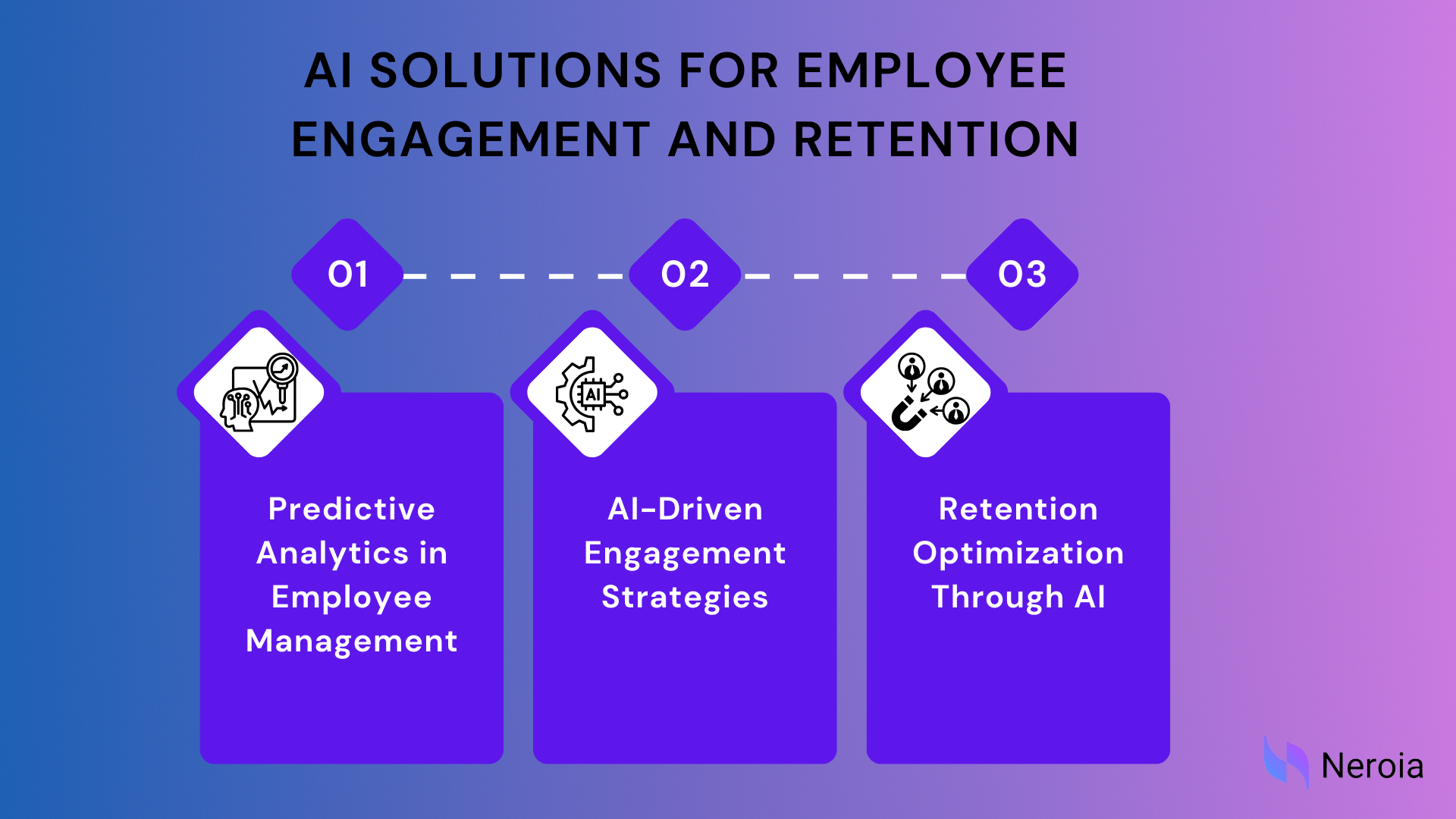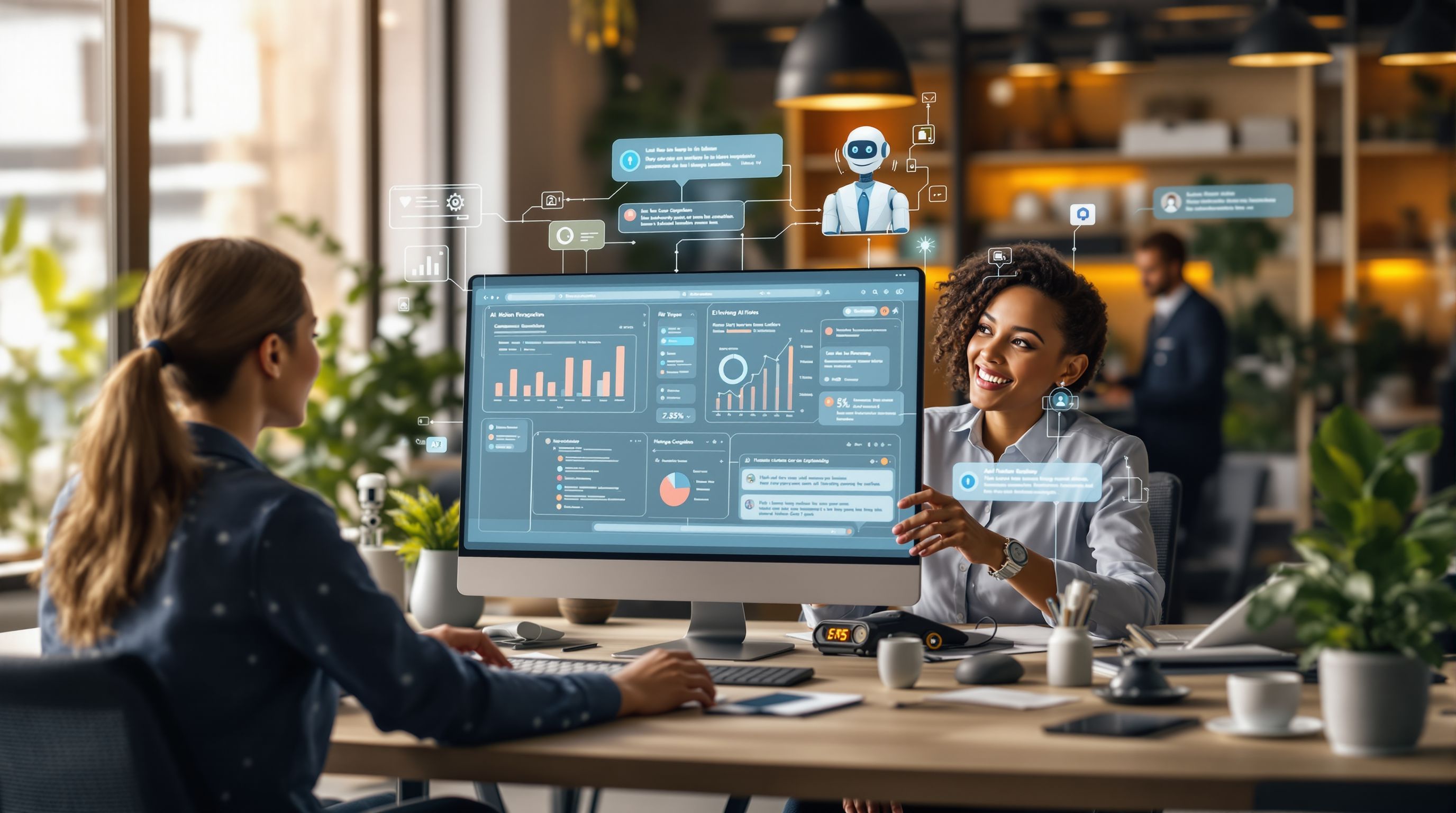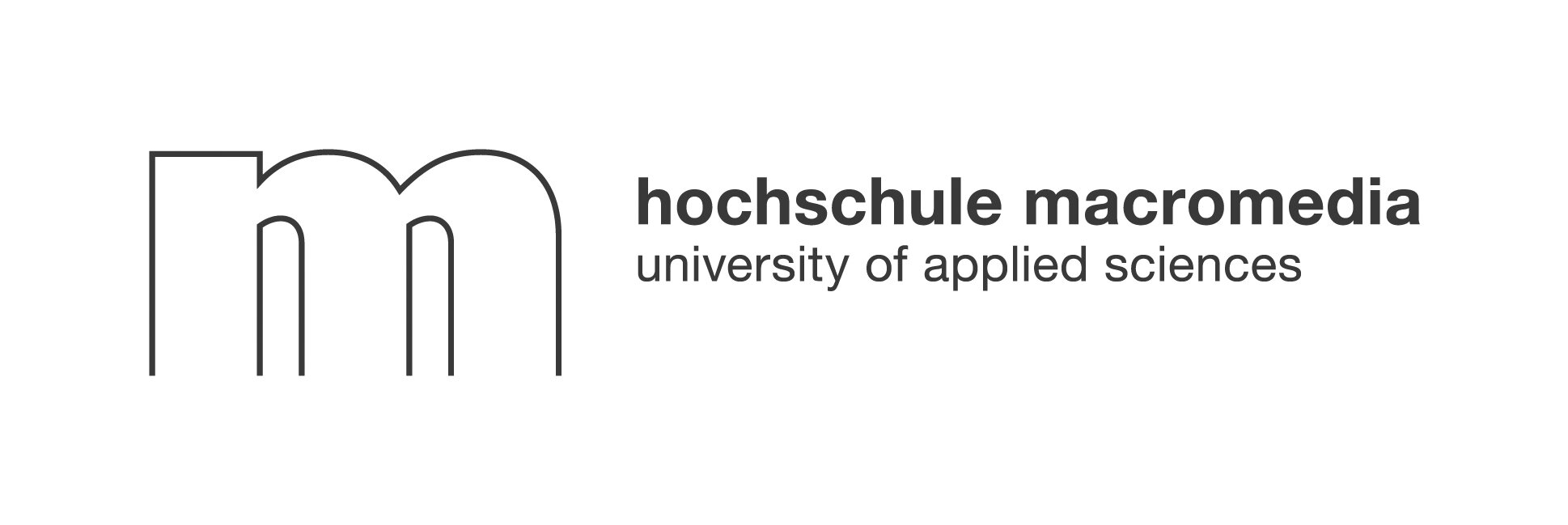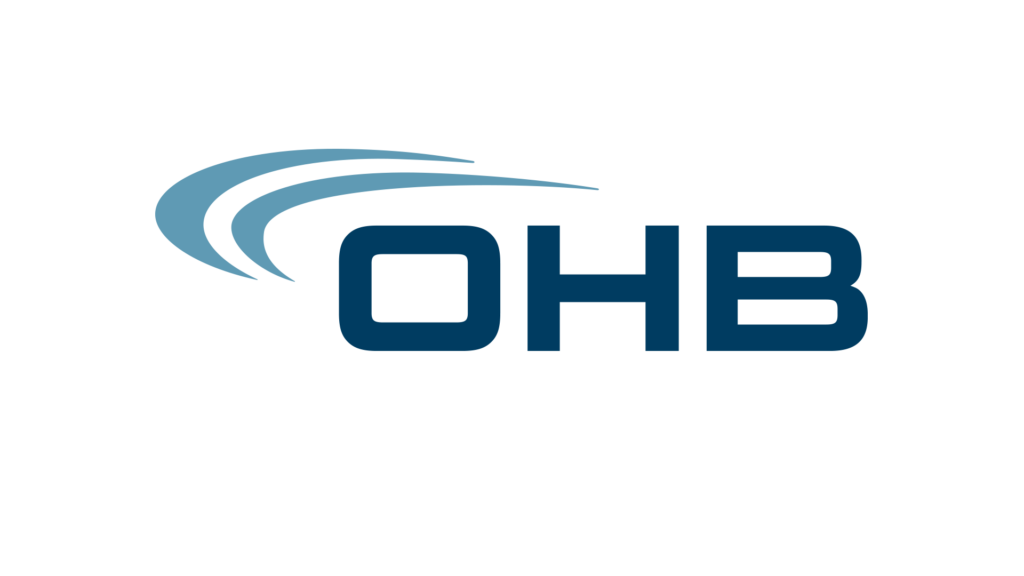In today's fast-paced business environment, the role of Human Resources (HR) is evolving rapidly, and Artificial Intelligence (AI) is at the forefront of this transformation. The benefits of AI in HR are manifold, ranging from improved efficiency to enhanced employee engagement.
What Are the Benefits of AI in HR? A Comprehensive Overview
Understanding AI's Impact on Human Resources
The integration of artificial intelligence in human resources represents a paradigm shift in how organizations approach workforce management. AI technologies are not just tools; they're strategic assets that enhance human capabilities rather than replace them. Modern HR departments leverage these innovations to create more efficient, engaging, and equitable workplaces.
AI in HR isn't about replacing human touch—it's about amplifying human potential and creating more meaningful connections.
Key Advantages of AI-Powered HR Systems
AI-powered HR systems offer unprecedented opportunities for automation of HR tasks, leading to significant time and resource savings. These systems excel at handling repetitive administrative duties, allowing HR professionals to focus on strategic initiatives and relationship-building activities.
| AI Benefit | Impact on HR | Business Outcome |
|---|---|---|
| Process Automation | Reduced Manual Tasks | Higher Efficiency |
| Data Analysis | Better Decision Making | Improved Strategy |
| Personalization | Enhanced Experience | Greater Engagement |
| Real-time Insights | Faster Response | Proactive Management |
How AI is Transforming HR Departments
The transformation of HR through AI extends beyond basic automation. It enables data-driven decision making that was previously impossible, offering insights into workforce trends, employee satisfaction, and organizational health. Companies like Neroia are leading this revolution by developing AI solutions that prioritize authentic employee connections while streamlining HR operations.
How AI Improves HR Recruitment and Talent Acquisition
AI-Powered Candidate Screening Benefits
Modern recruitment faces unprecedented challenges in finding the right talent efficiently. AI-powered screening tools analyze thousands of resumes in minutes, identifying the most qualified candidates based on sophisticated matching algorithms. This capability dramatically reduces time-to-hire while improving the quality of matches.
Key improvements in recruitment include:
- Automated resume screening and candidate ranking
- Predictive analytics for candidate success
- Enhanced candidate experience through quick response times
Smart Recruitment Process Automation
The automation of HR tasks in recruitment goes beyond simple resume scanning. AI systems now manage entire recruitment workflows, from job posting optimization to interview scheduling. These systems learn from each hiring cycle, continuously improving their ability to identify ideal candidates.
Smart automation in recruitment isn't just about speed—it's about making better hiring decisions through data-driven insights.
Reducing Hiring Bias with AI Technology
AI technology helps minimize unconscious bias in hiring by focusing on objective qualifications and proven predictors of success. By standardizing the evaluation process and removing potentially discriminatory factors, organizations can build more diverse and talented teams.
Advantages of AI in Employee Onboarding and Training
AI-Enhanced Onboarding Experience
Modern onboarding powered by AI creates personalized experiences that help new hires integrate more effectively into their roles. These systems adapt to individual learning styles and pace, ensuring comprehensive coverage of necessary information while maintaining engagement.
Smart Learning Management Systems
AI-driven learning platforms revolutionize employee development by creating customized learning paths based on role requirements, skill gaps, and career aspirations. These systems provide:
Essential training elements:
- Adaptive learning sequences
- Real-time progress tracking
- Personalized content recommendations
Automated Training and Development
The automation of training processes through AI ensures consistent quality while allowing for personalization at scale. These systems track progress, identify areas for improvement, and adjust content delivery to optimize learning outcomes.
AI Benefits for HR Performance Management

Data-Driven Employee Evaluation
AI-powered performance management systems provide objective, comprehensive evaluations based on multiple data points. This approach ensures fairer assessments and more actionable feedback for employee development.
AI-Powered Performance Analytics
Advanced analytics help organizations identify performance trends, predict potential issues, and make proactive decisions about workforce development. These insights enable HR teams to implement targeted interventions and support strategies.
Continuous Feedback Systems
AI-enabled feedback systems facilitate ongoing performance discussions, replacing traditional annual reviews with more dynamic, responsive approaches to employee development. This continuous feedback loop helps maintain engagement and accelerates professional growth.
The future of HR lies in combining AI efficiency with human empathy to create truly exceptional employee experiences.
The benefits of AI in HR continue to evolve as technology advances and organizations discover new ways to leverage these tools for improved workforce management. By embracing these innovations while maintaining focus on human connections, organizations can create more efficient, engaging, and equitable workplaces.
How AI Streamlines HR Administrative Tasks
The benefits of AI in HR are revolutionizing how organizations manage their workforce. Through intelligent automation and data processing, artificial intelligence transforms traditional HR operations into streamlined, efficient processes. Let's explore how AI is reshaping administrative tasks and creating more strategic human resources departments.
Benefits of HR Process Automation
Artificial intelligence has fundamentally changed how HR departments handle routine administrative work. By automating repetitive tasks like document processing, employee data management, and payroll calculations, AI enables HR professionals to focus on more strategic initiatives. Organizations implementing AI-powered HR solutions report significant improvements in accuracy and processing speed.
One of the most impactful applications is in document management. AI systems can automatically categorize, file, and extract relevant information from employee documents, reducing manual data entry by up to 80%. This not only saves time but also minimizes human error in critical HR processes.
Time-Saving AI Solutions
Modern HR departments leverage AI to streamline various time-consuming tasks. From scheduling interviews to managing leave requests, artificial intelligence handles these processes with remarkable efficiency. The technology learns from historical data to optimize workflows and predict resource needs.
AI-powered HR solutions can reduce administrative task completion time by up to 40%, allowing HR professionals to focus on strategic initiatives.
Consider the following comparison of traditional vs. AI-enhanced HR processes:
| Task Type | Traditional Process Time | AI-Enhanced Process Time | Efficiency Gain |
|---|---|---|---|
| Document Processing | 4 hours/day | 1 hour/day | 75% |
| Leave Management | 3 hours/day | 30 minutes/day | 83% |
| Data Entry | 5 hours/day | 1 hour/day | 80% |
| Report Generation | 6 hours/week | 1 hour/week | 83% |
Reducing Administrative Workload
AI systems excel at handling routine administrative tasks while maintaining high accuracy levels. These solutions can automatically:
- Process employee documentation and forms
- Update personnel records
- Generate standard HR reports
- Track attendance and time management
By reducing the administrative burden, HR professionals can dedicate more time to strategic planning and employee development initiatives.
AI Solutions for Employee Engagement and Retention

Predictive Analytics in Employee Management
The implementation of predictive analytics represents one of the key benefits of AI in HR. These systems analyze vast amounts of employee data to identify patterns and predict potential challenges before they arise. Organizations can proactively address issues like turnover risk, performance decline, or engagement drops.
Through sophisticated algorithms, AI systems can detect subtle changes in employee behavior that might indicate dissatisfaction or potential departure. This early warning system allows HR teams to intervene proactively and implement retention strategies before valuable talent is lost.
AI-Driven Engagement Strategies
Artificial intelligence transforms how organizations approach employee engagement. By analyzing communication patterns, feedback, and participation in workplace activities, AI systems can identify engagement trends and suggest personalized interventions.
AI-powered engagement platforms can increase employee participation in workplace initiatives by up to 35% through personalized recommendations and timely interventions.
These systems learn from successful engagement initiatives to continuously refine their recommendations, creating a more dynamic and responsive workplace environment.
Retention Optimization Through AI
AI systems excel at identifying factors that contribute to employee satisfaction and retention. By analyzing historical data, these platforms can:
- Predict flight risks with increasing accuracy
- Recommend personalized retention strategies
- Track the effectiveness of retention initiatives
- Identify key engagement drivers
Implementing AI in HR: Best Practices and Future Trends
Getting Started with AI in HR
Organizations looking to implement AI in their HR processes should begin with a clear strategy and realistic goals. The focus should be on identifying specific areas where AI can provide immediate value while building a foundation for more advanced applications.
Success in AI implementation requires careful consideration of existing processes, data quality, and team capabilities. Organizations should start with pilot programs in well-defined areas before expanding to more complex applications.
Overcoming Implementation Challenges
While the benefits of artificial intelligence in human resources are significant, organizations must address several challenges during implementation. These include data privacy concerns, employee resistance to change, and the need for proper training and support.
Successful AI implementation in HR requires a balanced approach that prioritizes both technological advancement and human-centered solutions.
Future of AI in Human Resources
The future of AI in HR promises even more sophisticated applications, from advanced predictive analytics to personalized employee development programs. As technology continues to evolve, organizations will find new ways to leverage AI for improved workforce management and employee experience.
Looking ahead, platforms like Neroia demonstrate how AI can transform workplace culture through intelligent social benefits, creating more connected and engaged workforces while maintaining the human element in HR processes.




